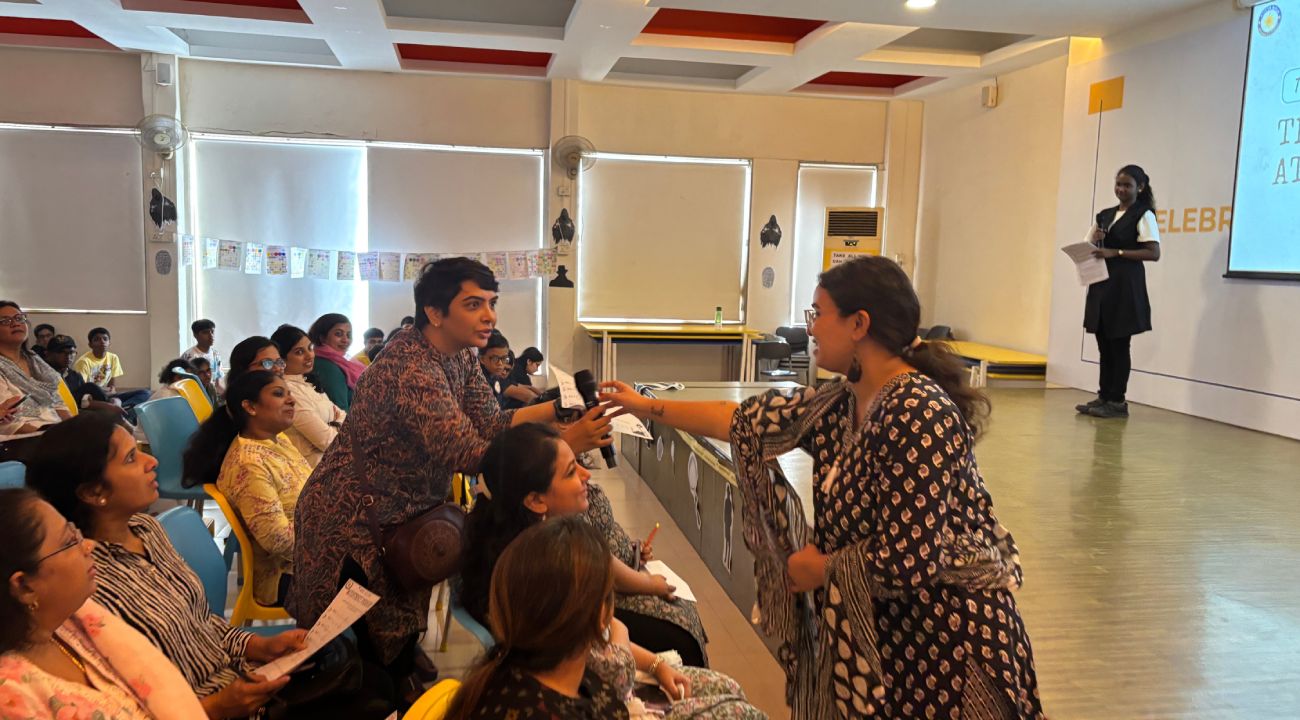
Education is the cornerstone of empowerment, but for students with disabilities or special needs, access to quality education depends on one pivotal factor: teachers equipped with the expertise, empathy, and adaptability to nurture their potential. Special schools, dedicated to serving children with diverse physical, cognitive, and emotional needs, require educators who are not just passionate but also rigorously trained.
Let’s explore why teacher training and continuous professional development (PD) are indispensable in special education settings and how they shape outcomes for students, families, and society at large.
Understanding The Complexity of Special Needs
Special education is not a one-size-fits-all endeavour. Students may have autism spectrum disorder (ASD), Down syndrome, sensory impairments, cerebral palsy, or learning disabilities like dyslexia-each requiring tailored instructional strategies.
Initial Teacher Training Provides Educators with Foundational Knowledge about:
- Disability-specific pedagogies, such as techniques for teaching Braille to visually impaired students or using sign language for deaf learners.
- Individualized Education Plans (IEPs) that is designed and implemented personalized learning goals.
- Differentiated instruction emphasizes adapting lesson plans to accommodate different disabilities within a classroom. Without this specialized training, educators can risk overlooking critical needs, leading to frustration for both students and teachers. For instance, a teacher unaware of sensory processing challenges might misinterpret a child's meltdown as defiance rather than a cry for support.
- Keeping Pace with Innovations in Assistive Technology, from speech-generating devices to augmented reality tools, has transformed special education. However, these tools are only effective if teachers know how to integrate them into daily instruction.
- Professional development ensures educators stay updated on emerging tools and Apps like Proloquo2Go (for non-verbal communication) or adaptive keyboards for motor-skills challenges or cochlear implants for the hearing impaired.
- Using software to track student progress and adjust teaching methods.
- Navigating Legal and Ethical Responsibilities, special education is governed by laws such as the Individuals with Disabilities Education Act in India, which mandates free, appropriate education for children with disabilities.
Training Ensures Teachers:
- Understand students' legal rights (e.g., accommodations, least restrictive environments).
- Comply with documentation requirements for IEPs.
- Advocate for resources and support within school systems.
- Ethical training also addresses critical issues like avoiding unconscious bias, respecting student dignity, and maintaining confidentiality, which are essential elements in this teaching and learning process.
Building Effective Behaviour Management and Social-Emotional Skills
Students in special schools may exhibit challenging behaviours stemming from communication barriers, trauma, or neurological differences.
PD programs equip teachers with:
- Positive Behaviour Interventions and Supports (PBIS): Proactive strategies to reinforce desired behaviours.
- Trauma-informed practices that recognize and address the impact of adverse experiences e.g., death of a loved one, social unacceptance.
- Social-emotional learning (SEL) involves teaching self-regulation, empathy, and relationship-building. A teacher trained in SEL strategies, for instance, can create a “calm corner” in the classroom to help an anxious student de-escalate emotions, fostering a safer learning environment.
- Teamwork and collaboration are what special education thrives on. Teachers often work alongside speech therapists, occupational therapists, psychologists, and parents.
PD abets skills in:
- Team-based problem-solving involves jointly addressing student challenges.
- Communication strategies and translating therapeutic goals (e.g., fine motor skills) into classroom activities.
- Family engagement and building trust with caregivers to reinforce learning at home. A teacher trained in collaborative approaches can seamlessly integrate a speech therapist’s recommendations into reading lessons, amplifying student progress.
Reducing Burnout and Retaining Talent
Special education teachers face high stress due to emotional demands and administrative burdens.
Ongoing PD acts as a lifeline by:
- Providing stress-management techniques and peer support networks.
- Offering mentorship programs for new teachers. E.g,. buddy support to a newly joined teacher.
- Reinforcing a sense of purpose and efficacy.
Schools that invest in PD see lower turnover rates, ensuring continuity for students who thrive on consistent routines.
Strengthening Family-School Partnerships
Parents of children with disabilities often navigate complex emotions and systemic barriers. The journey from denial to acceptance and then working to nurture the child with disability is a journey that is the most challenging for the parents. Here ,trained teachers can:
- Communicate progress and challenges with empathy.
- Guide families in accessing community resources.
- Involve parents in goal-setting, fostering a shared commitment to student success.
- Collaborate and work on strategies that have a positive impact on the child's behaviour and learning process at home and at school.
- These trained teachers can bridge the gaps wherever needed to create a safe, secure, and satisfying environment for a child with disabilities.
I believe, and I am sure you will agree too, that investing in teachers is a step towards transforming futures. The ripple effects of robust teacher training and PD extend far beyond the classroom. When special education teachers are empowered with knowledge, tools, and support, they unlock possibilities for students to thrive academically, socially, and emotionally. Policymakers, school leaders, and communities must prioritize funding for PD programs, recognizing that every rupee invested in teachers' growth translates to lifelong gains for the children with special needs.
As they say, "One who dares to teach, should not cease to learn". For special schools, equipping teachers to be agents of change is one lesson, one breakthrough, one child at a time.

